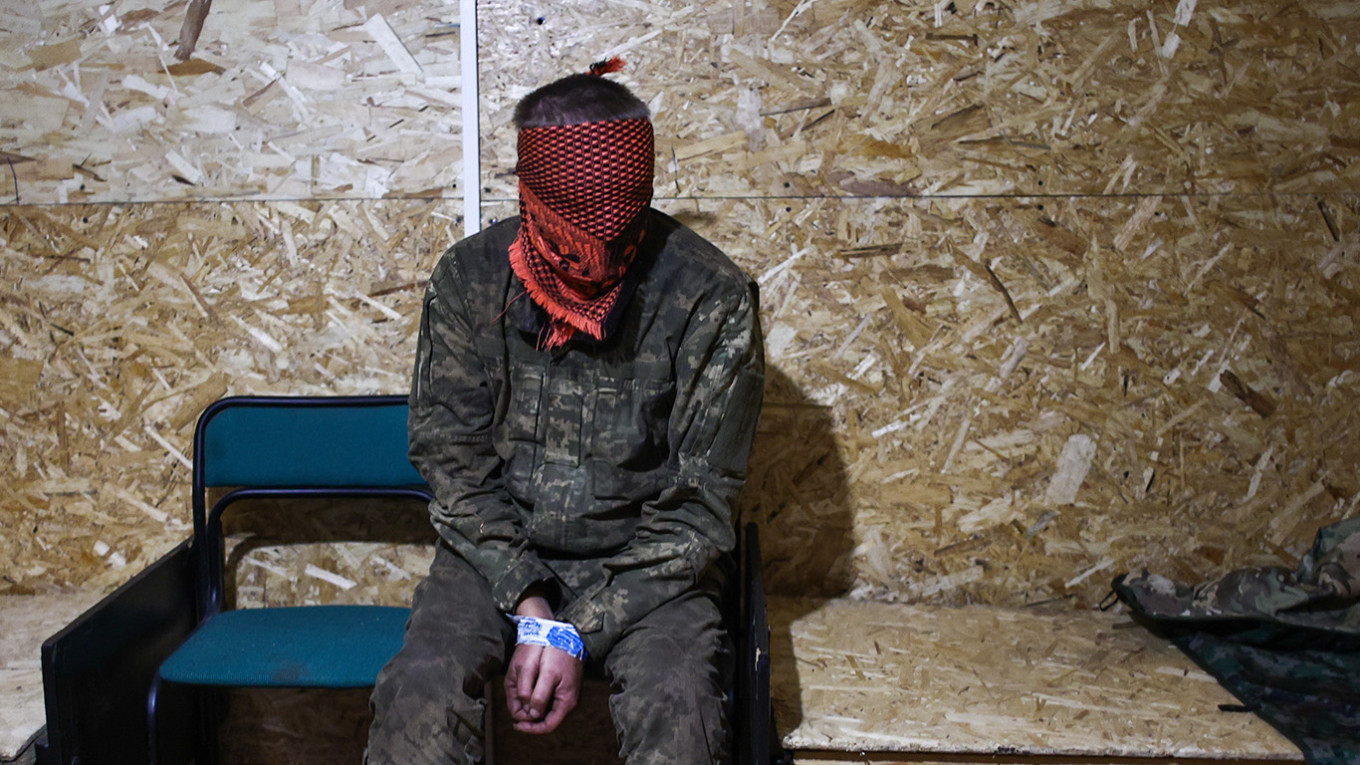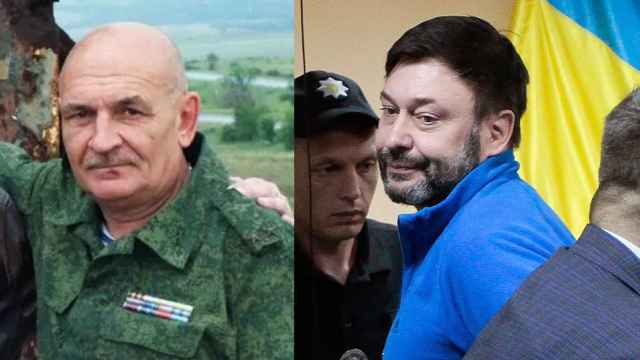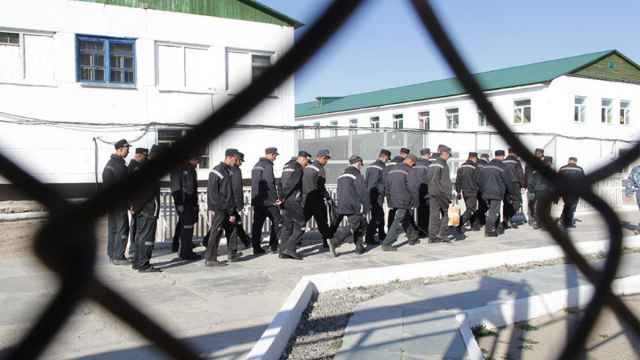Russian prison authorities are systematically torturing Ukrainian civilians and prisoners of war across a network of detention centers, according to a collaborative investigation led by Forbidden Stories, an international consortium of journalists.
Ukraine’s human rights ombudsman says 16,000 civilians have gone missing as of April 2024. Journalists identified 29 facilities, with 11 in occupied Ukraine and 18 inside Russia, some as far as 1,000 kilometers (621 miles) from the border.
The facilities are capable of holding up to 18,000 detainees, the Forbidden Stories report said, and most civilians are held for months or years without formal charges.
“It’s an absurd situation. Even in Stalin’s time, there were always charges,” said Vladimir Zhbankov, who works with a group that helps families search for missing relatives. “All of this exists outside the legal field.”
The investigation documented 695 distinct forms of torture. The most common included electric shocks, waterboarding, mock executions, hammer blows and repeated beatings to the same body part.
A detention center in the Russian city of Taganrog was described as the “darkest” of the sites. Ukrainian journalist Viktoriia Roshchyna died there under unclear circumstances last fall while awaiting a prisoner exchange.
At least 15 other Ukrainians reportedly died at the Taganrog facility, according to survivor testimonies cited by Ukrainian intelligence sources.
Much of the violence is carried out by special units of Russia’s FSIN prison service, which operates under oversight from the Federal Security Service (FSB), the investigation found.
“It wasn’t phrased explicitly as ‘go beat them,’ but it was understood,” a former senior FSIN official told reporters. “It was communicated down the chain, from the general and his deputy to the special forces commander and then the soldiers. The message was: ‘Do what you want.’”
A Message from The Moscow Times:
Dear readers,
We are facing unprecedented challenges. Russia's Prosecutor General's Office has designated The Moscow Times as an "undesirable" organization, criminalizing our work and putting our staff at risk of prosecution. This follows our earlier unjust labeling as a "foreign agent."
These actions are direct attempts to silence independent journalism in Russia. The authorities claim our work "discredits the decisions of the Russian leadership." We see things differently: we strive to provide accurate, unbiased reporting on Russia.
We, the journalists of The Moscow Times, refuse to be silenced. But to continue our work, we need your help.
Your support, no matter how small, makes a world of difference. If you can, please support us monthly starting from just $2. It's quick to set up, and every contribution makes a significant impact.
By supporting The Moscow Times, you're defending open, independent journalism in the face of repression. Thank you for standing with us.
Remind me later.






